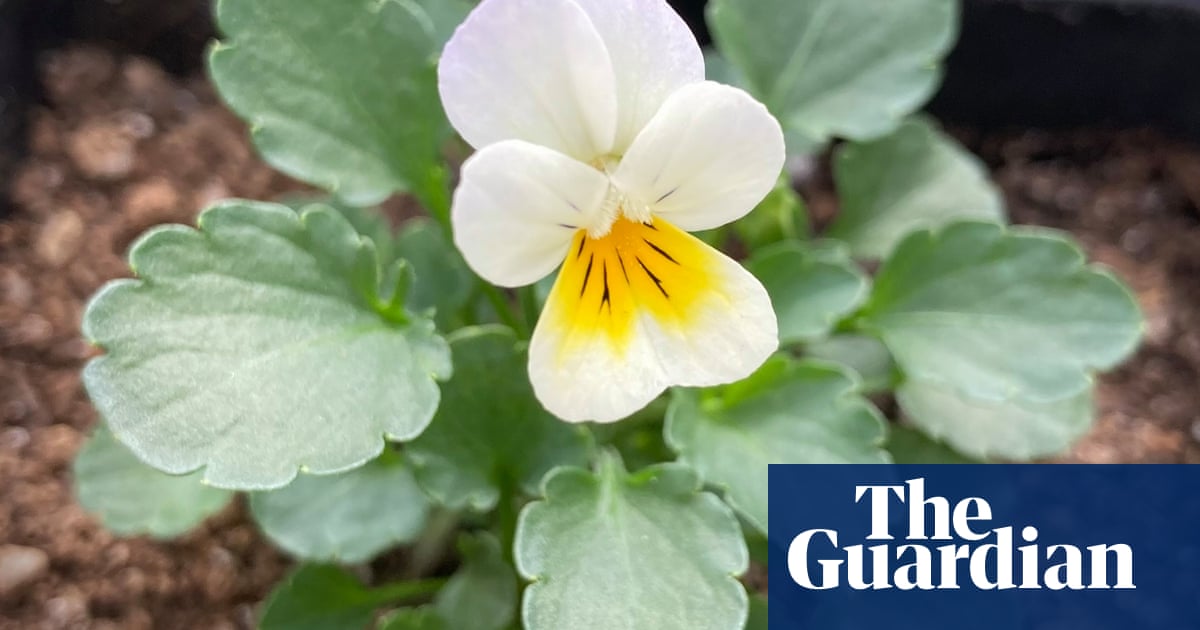- cross-posted to:
- science@lemmy.world
- cross-posted to:
- science@lemmy.world
Flowers are “giving up on” pollinators and evolving to be less attractive to them as insect numbers decline, researchers have said.
A study has found the flowers of field pansies growing near Paris are 10% smaller and produce 20% less nectar than flowers growing in the same fields 20 to 30 years ago. They are also less frequently visited by insects.
“Our study shows that pansies are evolving to give up on their pollinators,” said Pierre-Olivier Cheptou, one of the study’s authors and a researcher at the French National Centre for Scientific Research. “They are evolving towards self-pollination, where each plant reproduces with itself, which works in the short term but may well limit their capacity to adapt to future environmental changes.”
Plants produce nectar for insects, and in return insects transport pollen between plants. This mutually beneficial relationship has formed over millions of years of coevolution. But pansies and pollinators may now be stuck in a vicious cycle: plants are producing less nectar and this means there will be less food available to insects, which will in turn accelerate declines.



It definitely sounds bad, I’ll give you that. Some things to consider, though…
Self-pollination doesn’t necessarily eliminate variation or genetic diversity in a population. The same sort of processes that lead to random mutations and new traits in cross pollinated plants exist in both strategies and regardless, the offspring of self-pollination are still genetically distinct from each other and their parents. It’s just that sans cross pollination, those new adaptations have a slower and more limited ability to propagate, which is a situation that’s better suited to times when the biome/environment is fairly stable and the species is already well-adapted.
Plants generally also have much more flexible genetics than most animals, where individuals of the same species can have different numbers of chromosomes from each other and multiple sets of chromosomes. I mention that because those can also play a role in diversity and variations from generation to generation.
Something else to consider is that even if these plants are utilizing self-pollination more often, it isn’t necessarily a case where they have evolved or will evolve to exclusively self-pollinate. Ultimately if all insects go extinct, that’s a huge problem. But in the shorter term, there are opportunities for at least some plants to evolve alternative cross pollination strategies (even if they aren’t quite as lucrative or efficient as the original ones), such as by attracting beetles, flies and ants or via development of traits that allow them to wind pollinate.
That insect populations are declining is absolutely terrible, but if there’s a sliver of optimism here, it sounds like at least some plants are able to adapt to the new reality pretty quickly and are keeping pace with the changing nature of things (for now).